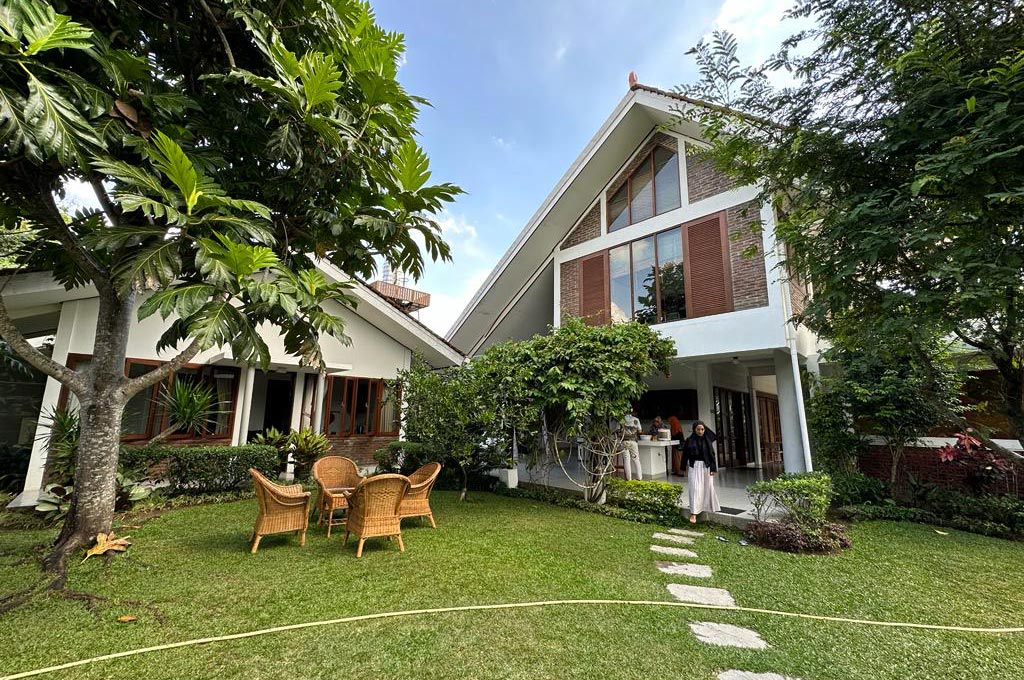
Finally, I had the opportunity to come back to Titian Center in Bayat Village, Klaten, Central Java, after missing out for a long time since the pandemic era. The hospitality of the local residents, the beauty of the village’s nature and rice fields, the enthusiasm of the team, and the children participating in the Titian program reminded me that life is too short to be spent solely on working until late at night, forgetting to rest.
Titian is a foundation that helps school-age children to have access to good education. Since my friend Lily Kasoem started Titian in 2006 after the Yogyakarta earthquake, Titian has graduated 1,009 alumni, most of whom come from the Titian Center in the village of Bayat.
Aside from Bayat, there are also Titian Centers in the villages of Pemenang and Rembitan on Lombok Island. But the presence of these two centers is relatively new, and it will take time to reap the results.

Out of the total 1,009 alumni, 57% have continued their education to higher levels, and many have started their careers in private national companies, state-owned enterprises, and multinational corporations. Someone has even pursued career in the military and some others become successful entrepreneurs. Truly something that was unimaginable when the Titian Foundation first started.
Mentoring is an essential part of this success story. The participation of friends and volunteers in mentoring has been a crucial differentiating factor for Titian. And that day was my turn to be appointed as a mentor for the Titian students who will soon graduate from college and enter the workforce.
To be honest, I have always felt that mentoring those who are about to enter the workforce for the first time is a tremendous responsibility. It’s not a trivial matter. The first time is always the most notable one.
While enjoying some vegetables and local-made tahu tempe from Bayat, along with grilled chicken and sambal, I tried to share what I consider to be the most important building blocks in building a successful career. Questions after questions start to emerge.
Someone asked, what if their academic achievements during college were not perfect? This question made me think about the Japanese tradition called wabi-sabi. Borrowing an explanation from entrepreneur and motivator Beth Kempton about wabi-sabi: it is the acceptance and appreciation of something that is impermanent, imperfect, and incomplete. Being authentic and being ourselves, acknowledging the simple, mindful, and natural gifts of life.
I tried to share while reminding myself that perfection is the lowest standard. Since perfection is unattainable, imperfection becomes a higher standard and something truly beautiful. Read more…
By Wuddy Warsono, CFA

